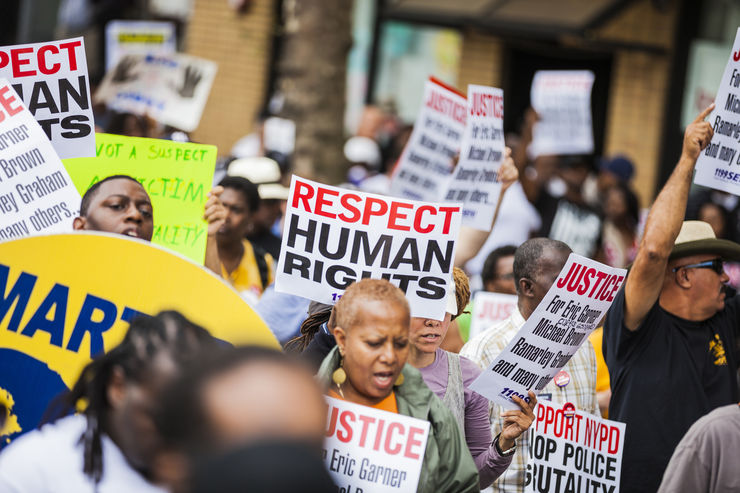
Overview: Advocacy
Advocacy is an activity by an individual or group that aims to influence decisions within political, economic, and social system reform . Advocacy includes activities and publications to influence public policy, laws and budgets by using facts, their relationships, the media, and providing submission on topics to government officials. Advocacy can include many activities that a person or organization undertakes including media campaigns, public speaking, and publishing research. Lobbying for change is a form of advocacy where a direct approach is made to legislators on a specific issue or specific piece of legislation. Researchhas started to address how advocacy groups can use social media to facilitate civic engagement and collective action.
An advocate is someone who provides advocacy support to people who need it in the local; community and have been undermined under scrutiny without a course of natural justice.
There are several forms of advocacy, each representing a different approach in a way to initiate changes in the society. One of the most popular forms is social and justice advocacy.
The initial definition does not encompass the notions of power and rule of law, people’s participation and a vision of a just society as promoted by social justice advocates. For them, advocacy represents the series of actions taken on issues highlighted to change the “what is” into a “what shall be”, considering the more decent and a more proper approach of a just society and the actions, which vary with the political, economic and social environment in which they are conducted, have several points in common:
- Question the way policy is administered and freedom of speech
- Participate in the agenda-setting as they raise significant issues
- Target political systems “because those systems are not responding to people’s needs”
- Oppose policies and find a means of fairness and solutions
- Open Government and transparency to Government and the public.
